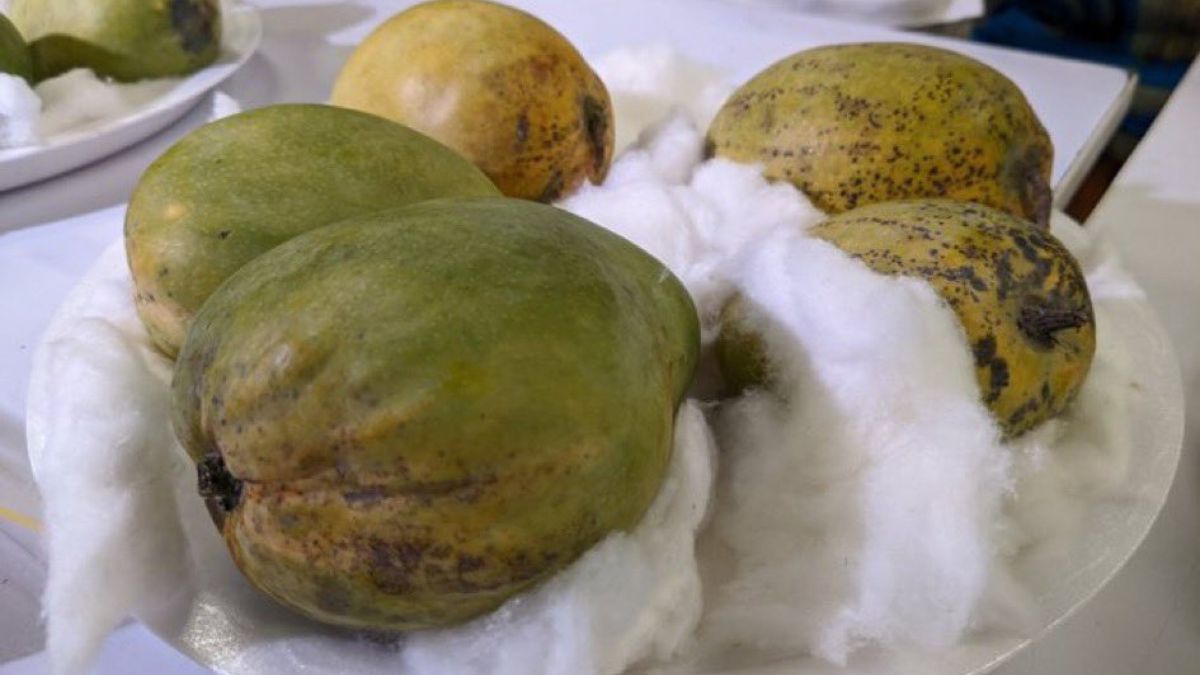"This method allows us to begin identifying each individual bacteria type's metabolism and thus get a handle on the basic mechanisms in human metabolism," said Jens Nielsen, a professor of systems biology at the university.(Best Diet Recipes)
For their study, published in the journal Cell Metabolism, the researchers tracked overweight patients' progress through their diets. They found that subjects with a less diverse set of micro-organisms in their stomachs had hazardous substances diminish from samples of their bodily fluids. That may make it easier in the future for physicians to identify which patients might reap health benefits from going on particular diets, the researchers said.(Paleo Diet: Should We Go Back to Eating What Our Ancestors Ate?)
"Amongst other things, we have been able to demonstrate that the intestines of the individuals with low-diversity gut microbiome produce fewer amino acids when they follow this diet. This is one explanation for the improved blood chemistry," Nielsen said.







